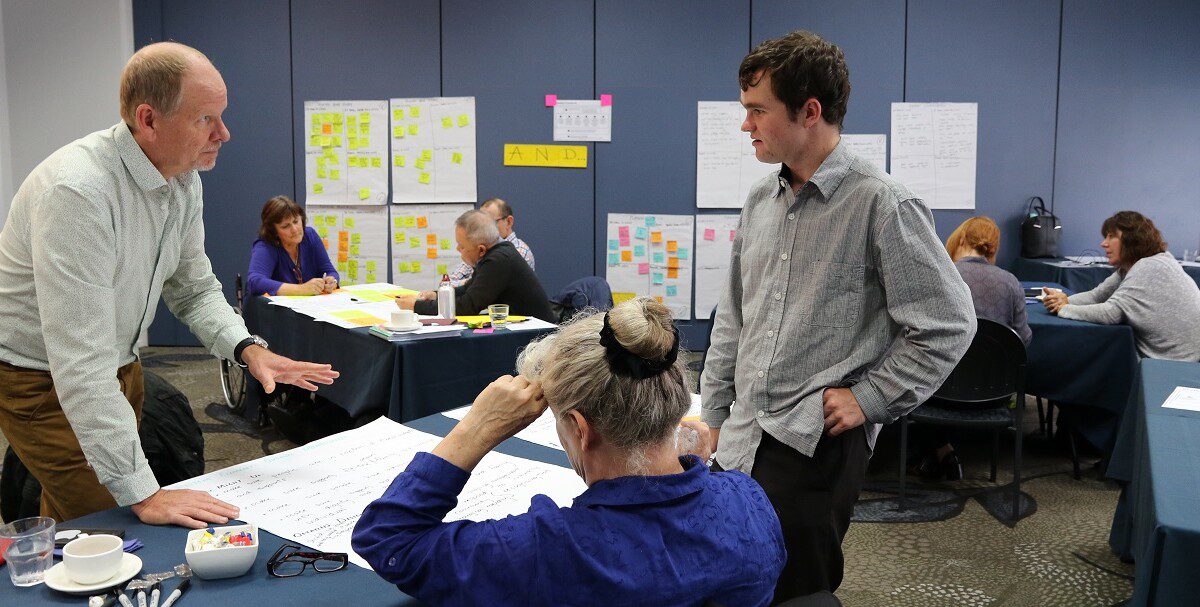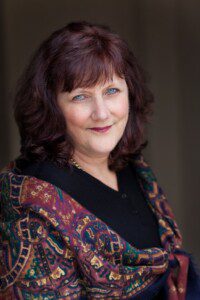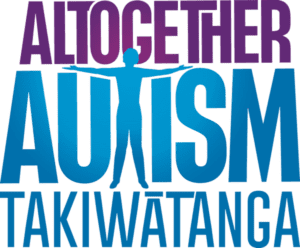
1 June 2017 – A transformation is underway in the disability sector, where disabled people and families have been calling for change for a long time and more choice and more control over their support and lives.
In 2011, a group of sector stakeholders developed the Enabling Good Lives’ (EGL) vision and principles and presented this to Minister Turia.
Since 2013, there have been two demonstrations of how the EGL vision and principles could work in practice in Christchurch and the Waikato. They involved school leavers with high needs in Christchurch while in the Waikato, people wanting a different option from residential care, families and young people, Maori, and people needing a bit of additional support to get work, were part of the demonstration.
Some of the parents of those who took part in the Waikato demonstration had the following to say:
“Our son is now attending university with a view to starting a degree.”
“Our daughter is able to be part of a business venture that creates school lunches.”
The flexibility under EGL was also commented on:
“Under EGL, I can employ who I want to work with, when I want to work with them, how I want to work with them.”
In February 2017, Cabinet agreed to a three month co-design process with the disability sector as the start of a nationwide transformation of the disability support system.
This process is different to the previous demonstrations. The objective is to change the existing system rather than add another layer to it by creating a design that can be rolled out across the country.
A co-design group is currently holding a series of workshops to develop a high level design, based on the EGL vision and principles, for the new system.
The group includes five disabled people, two representatives with disabled family members, and two representatives from disability service organisations.
There will be an explicit social investment approach. Social investment is about spending/investing money upfront or early where this will produce better life outcomes for people in the long term and may also reduce long term costs to government.
The co-design will be considered by Cabinet mid-year, and the new system will first be implemented in mid-Central (Palmerston North and surrounding areas).
You can find regular updates about the co-design workshops on the Enabling Good Lives website.
A practical optimist

As a member of the Waikato Enabling Good Lives Leadership Group and the National EGL group, Gerri Pomeroy is well placed to provide insight into the Enabling Good Lives principles that will underpin the transformation of the disability support system.
She also brings a wealth of experience through her advocacy roles as CCS Disability Action Access Coordinator, President of the Disabled Persons Assembly (DPA) Waikato branch and incoming national president of DPA.
Gerri began using a wheelchair in 2006 after slowly losing the ability to walk following cancer treatment in her twenties.
As she transitioned from being an abled person to a person with a disability she was concerned by the outcomes for disabled people.
“Generally disabled people are poor and have less choice to get out of tough places. When you’re able, you have options. Disabled people have fewer options in the first place.”
So, she says, it’s “a sense of social justice” that drives her work.
“I don’t think it’s acceptable how disabled people are viewed.
“The challenge is for broader society to recognise disabled people have a lot to contribute. They’re a diverse group of people with rich insights.”
Gerri describes herself as a “practical optimist”.
She became involved with CCS Disability Action after finding a public notice in the paper for a meeting about access to the built environment. Gerri went along in the hope of connecting with other disabled people and learning about the practical solutions they’ve come up with to support their mobility.
This initial contact led to an invitation to join the organisation writing submissions on local government transport plans.
Now, as Access Coordinator for CCS Disability Action, Gerri is committed to eliminating barriers so people with disabilities have more options for improved accessibility.
“I’m in a position where I can bring disabled people’s stories to the fore.
“I see myself as a catalyst for enabling their voices to be heard, and bringing them to the table.”



